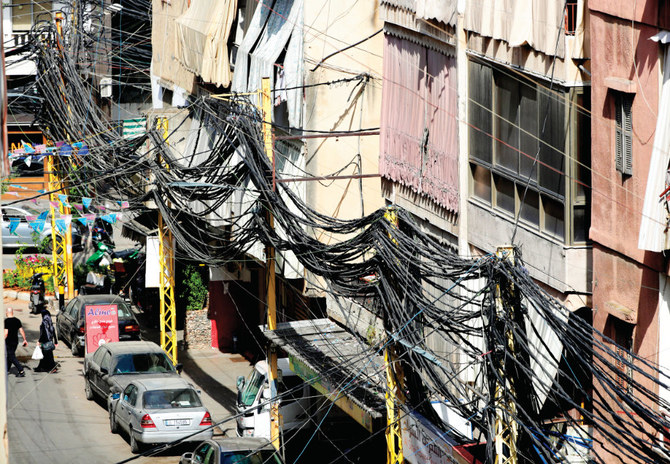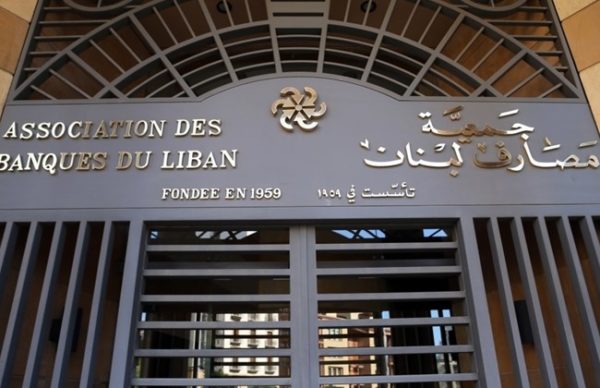
By LEILA HATOUM — arabnews.com — BEIRUT: It is two in the afternoon and Verdun Street, one of Beirut’s upscale neighborhoods, is doubly lit up — by the midday sun and by street lights. “Look at the street lamps shining brightly in the middle of the day while most areas suffer from power outages,” Fatima Hachem, 29, a local resident, told Arab News. The incongruity of the scene — street lights kept unnecessarily on during daylight hours — is unmistakable in a country where residents get between three and 12 hours of electricity a day depending on the locality. Such systemic inefficiencies are all the more glaring at a time when Lebanon is seeking a $10 billion loan from the International Monetary Fund (IMF).
Given its disproportionate contribution to Lebanon’s public debt, the urgency of an overhaul of the electricity sector cannot be overstated. “Electricity reform is one of the key steps to re-equilibrate the economy,” an IMF official, speaking on condition of anonymity, told Arab News. “We will see it as an emblematic and major improvement.” The official added that, without reforms, “there would be no loan program.” As a first step, the IMF has asked Lebanon to audit its national electricity company, known as Electricite du Liban (EDL). Loss estimates should note “not only the changes in price of fuel oil, but also the change in the exchange rate,” it said. In recent months, the purchasing power of the Lebanese population has eroded, with the currency losing two-thirds of its value, dropping to LBP4,000 from LBP1,515 to the US dollar. “At the moment, the Lebanese government links increasing tariffs on electricity to the increase in power generation, while the IMF believes that those two should not be tied. Also, eliminating electricity subsidies is the most significant potential expenditure saving,” the IMF official said. To generate fiscal savings, it is imperative the Lebanese government increases tariffs as soon as possible, they said. However, this would mean raising electricity charges for most of the population, who are already under economic pressure as a result of the COVID-19 pandemic.















